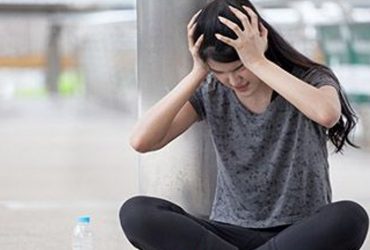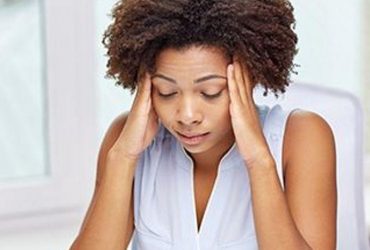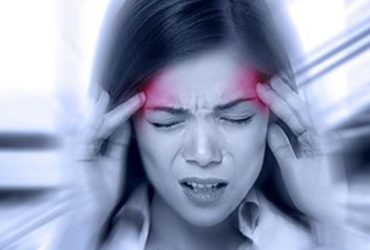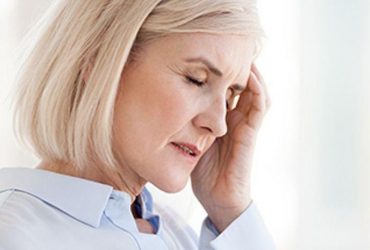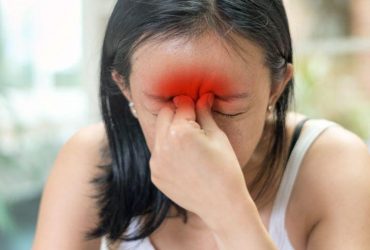Both treatments increase patient self-efficacy; improvements from baseline to 12-month follow-up for both treatments in all primary outcomes
No indirect associations seen for symptoms of depression and anxiety with migraine, nonmigraine frequent headache
Psychological interventions have small-to-medium beneficial effect on improving migraine frequency, pain intensity
Bidirectional association identified in large population-based follow-up study for migraine, tension-type headache
Mindfulness practices combined with active rather than sham transcranial direct-current stimulation showed greater benefit
Headache-related impairment did not improve, but headache frequency reduced and psychological functioning improved
Association between migraine, complete mental health attenuated after adjustment for physical health, mental health problems
Prospective diary study shows no evidence of acute depressive symptomatology as an early warning sign for upcoming migraine attack
Patients with NSD from Korean Health Insurance Service database have increased incidence of anxiety, depression, migraine
History of migraine linked to anxiety at gestational week 17, mixed depression and anxiety at gestational week 32



